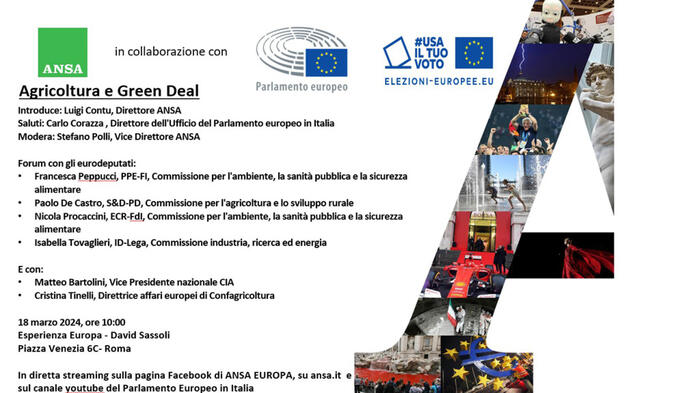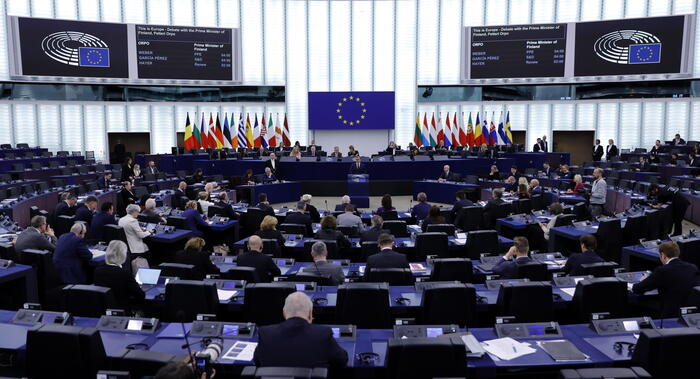The Syrian Arab poet and thinker Adonis saw that the Arab region and the Arab society were exposed in its history to (two Ottomans) and not one Ottoman as everyone thinks.
Adonis said at a ceremony honoring him recently in Mexico on the occasion of translating his epic (Adunyada) into Spanish, he said that after World War I and when the Ottoman Empire fell, the West came to replace it.
And he established a new European Ottoman Empire, so how can we extrapolate the meaning of this proposition?
What prompted Adonis to call European colonialism (neo-Ottomanism)??
And where is the Arab response to the Ottomans after all this experience that the Arabs suffered with them??
It is clear that the most important thing that prompted Adonis to describe European colonialism as (neo-Ottomanism) is its behavior in using religion to subjugate the Arab people, and just as the first Ottomanism was based on religion as a justification for its authority and a tool for its rule, European colonialism benefited from this refined and used religion to subjugate the Arab world. The role of the British and French intelligence services in perpetuating the sects, deepening the dispute between them, and institutionalizing their conflicts in a way that turns the Arabs from this side against the Arabs from that side has become known and confirmed.
And all the sectarian parties have resorted to the colonizer to rule between them and to obtain gains from him against their other brothers.
And Britain, which mainly contributed to the overthrow of the Ottoman Caliphate, as a political competitor in the world.
It maintained the issue of caliphate as a destructive idea for Arab society.
Shortly after the fall of the Ottoman caliphate, Britain and France supported the establishment of the (Muslim Brotherhood) group, which is still seeking to establish the caliphate, and it was the seed of the political and violent use of Islam to fragment, weaken and subjugate the Arabs, and the matter is still continuing until now.
The so-called (Arab Spring) was only one of the manifestations of the use of distorted and distorted religion to destroy Arab society.
The most dangerous thing that the new (Western) Ottomanism exacerbated through its tools is the distortion of religion and its heart from a “universal spirit” to “fighting fanaticism.” Thus, it achieved its satanic goal of depriving Arab Muslims of a spiritual power that contributes to their sustainable unification.
The most insidious thing about this policy is that it made religion, after it had distorted it, a factor of division and division.
In the name of Islam, the neo-Ottomanism fought against the essence and universal spirit of Islam.
Both Ottomans sought to abolish Arabism, and raising the slogan of religion was only a hypocritical means aimed at banishing (the spirit of Arabism) of which Islam and Christianity constitute the two wings of its human spirit, and revives its unifying Arab pulse for the Arabs.
Both Ottomans made fighting Arabism their way of subjugating the Arabs.
To achieve this, I deliberately used religion by distorting it first and using the distorted part of it as a tool of division and sedition.
The question of historical logic insists: Why did the Arabs not pay attention and did not foresee what was being plotted against Islam and Arabism? Why did the nation’s (Arabism) not rise up in the face of the old and new invading Ottomanism? Why did we not adhere to, strengthen and develop the nation’s Arabism, which is the unifying force, creative spirit and sustainable energy? Is it too late?, And do we continue in this blindness and negligence??!!







